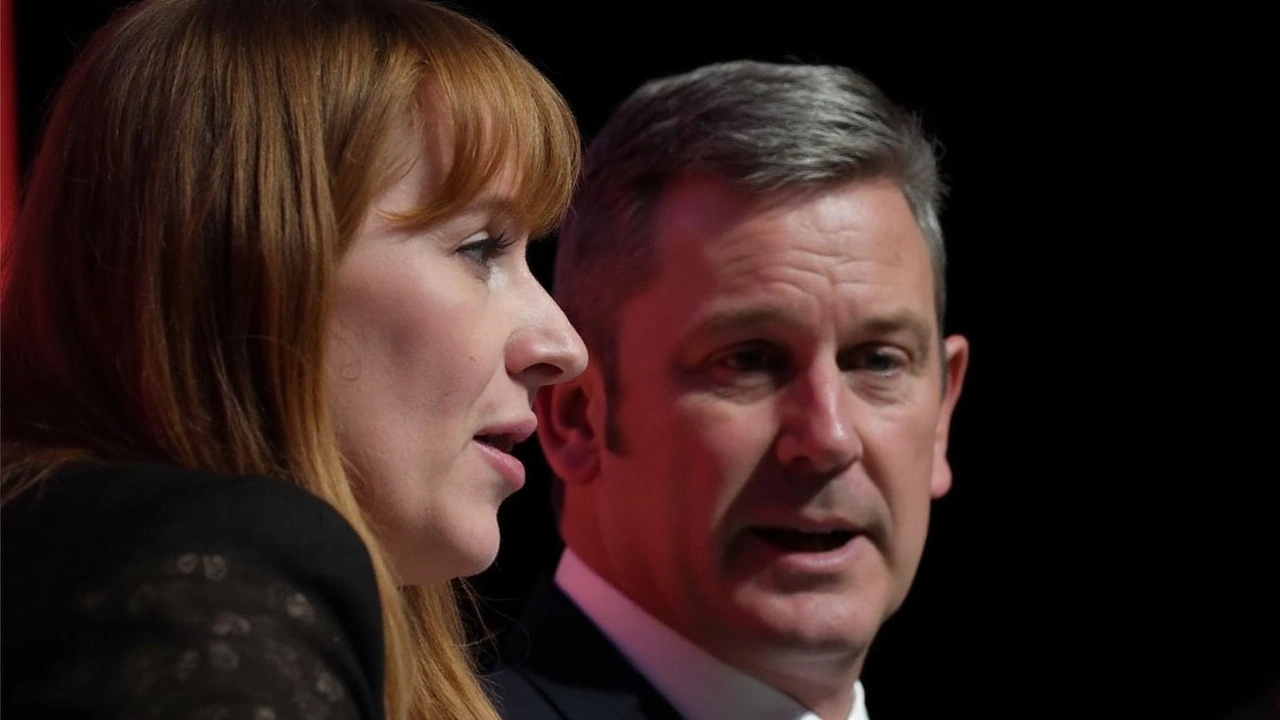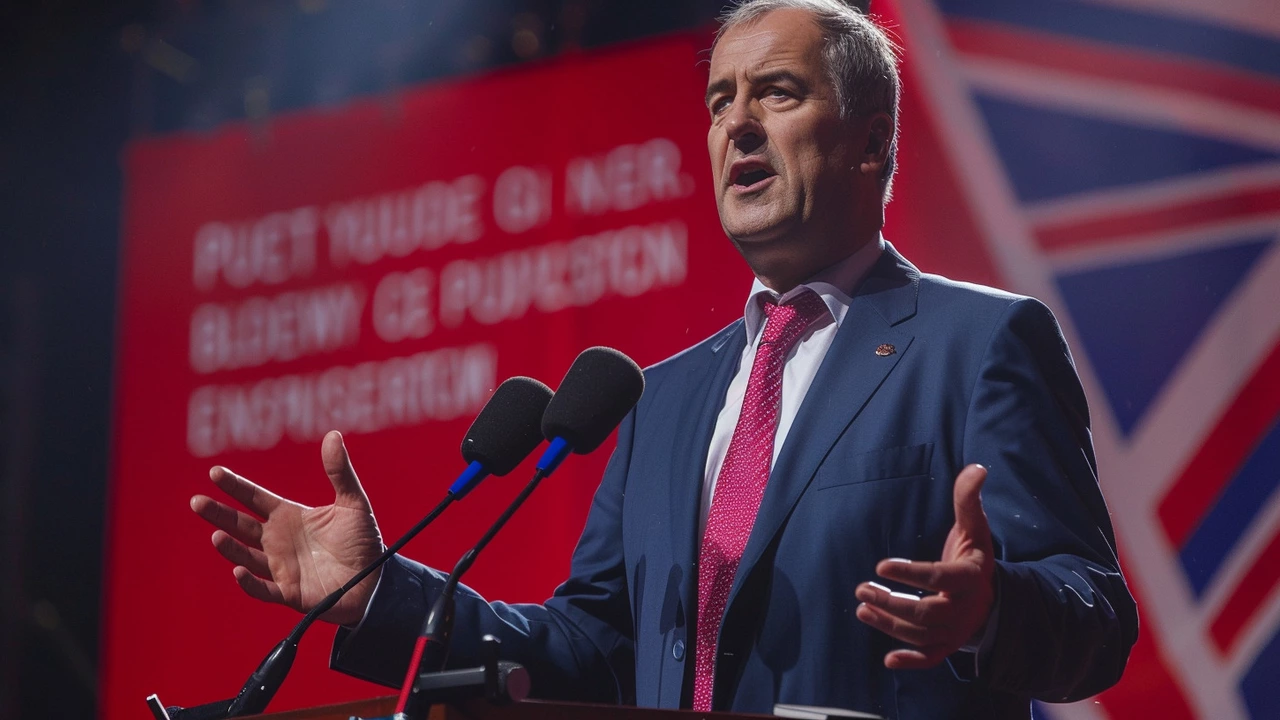UK Politics – Latest Cabinet Reshuffle and BBC Media Clash
Want to know what’s shaking up British politics right now? Two big stories are stealing the headlines: Prime Minister Keir Starmer’s sudden cabinet overhaul and a heated BBC‑Farage dispute. Both events could change how the government works and how the media reports on it. Let’s break down what happened, why it matters, and what could come next.
Starmer’s Cabinet Shake‑up Explained
On Tuesday, Starmer announced a sweeping change to his senior team after deputy leader Angela Rayner quit over a stamp‑duty breach. The move was swift – David Lammy steps into the justice secretary role and also takes on the deputy prime minister title. Pat McFadden gets a new super‑ministry that bundles work, pensions and skills together. Steve Reed moves to housing, while Peter Kyle switches to business.
Why the scramble? Starmer wants to show voters that his government can act fast and keep policy delivery on track. By bundling related departments under one minister, he hopes to cut red‑tape and make decisions faster. The reshuffle also aims to rebuild trust with business leaders who’ve been worried about policy uncertainty.
For everyday voters, the changes could mean quicker decisions on job programmes, pension reforms and housing projects. If the new super‑ministry works, we might see fewer delays in rolling out apprenticeship schemes or new social‑housing builds. On the flip side, giving one person too many portfolios can spread them thin, so it’s a risk Starmer is betting on.
BBC Apology to Nigel Farage: What’s the Real Issue?
At the same time, the BBC found itself in hot water. Geeta Guru‑Murthy apologised to Nigel Farage after describing his Reform UK press conference remarks as “inflammatory language.” The apology sparked a fresh debate on broadcaster impartiality ahead of the July 4 general election.
The incident matters because the BBC is supposed to stay neutral, especially during campaign season. Critics argue that calling Farage’s speech “inflammatory” could sway public opinion, while supporters say the description was a fair assessment of his tone. The BBC’s decision to apologise shows they are sensitive to accusations of bias.
For voters, this clash raises questions about how media coverage might shape their views of the candidates. With Laura Kuenssberg and Clive Myrie leading the election coverage, it’s worth watching how they frame debates between Rishi Sunak and Keir Starmer. The BBC’s stance could affect the credibility of their reporting, so keep an eye on whether they stick to straight facts or slip into opinion.
Both stories highlight a common thread: the balance of power and responsibility. Starmer’s cabinet shake‑up tries to tighten government control, while the BBC episode shows how media scrutiny can pull back on perceived overreach. If you follow UK politics, these developments are the ones that will shape the next few months.
What should you do with this info? Stay informed, compare different news sources, and think about how each change could affect everyday life – from job opportunities to the way elections are covered. Politics isn’t just about big names; it’s about how decisions trickle down to you.

